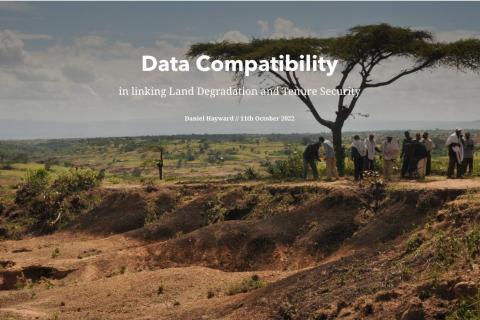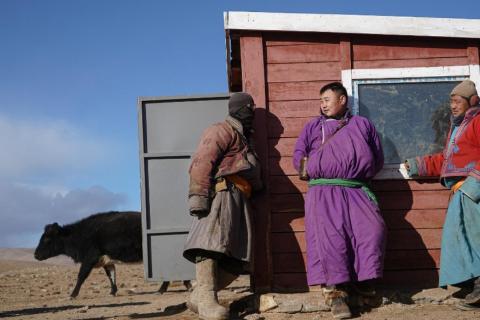11 October 2022
This data story investigates the challenges to align action on land degradation and tenure security based on the screening of available datasets in both domains.
11 October 2022
This data story investigates the challenges to align action on land degradation and tenure security based on the screening of available datasets in both domains.
11 October 2022
This data story investigates the challenges to align action on land degradation and tenure security based on the screening of available datasets in both domains.
1 February 2022
Indigenous Peoples and local communities have successfully stewarded biodiversity rich landscapes for generations, helping to conserve and protect forests and other critical ecosystems while pursuing their own self determined priorities and livelihood needs. However, in the absence of legally
4 November 2021
In Mongolia, the word “rangeland” is synonymous with “homeland.” It is a clue to the importance of rangelands in a country where a quarter of Mongolians are herders, and the wider livestock economy provides sustenance, income, and wealth to nearly half of the population. For many nomadic societies
19 October 2021
Dear colleagues and members of the Housing, Land, and Property Area of Responsibility,
27 May 2021
With crucial United Nations conferences due this year on both climate change and biodiversity, experts have called for Indigenous People to be included in the meetings, for current laws protecting forests and the wildlife within to be enforced, and for money to be allocated towards the further
17 April 2020
Joren Verbist is a third-year undergraduate student undertaking a major in International land- and water management at the University of Wageningen (WUR). He is also currently carrying out an internship at the International Centre of Agriculture Research Dryland Areas (ICARDA), in Amman,






